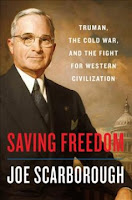Yesterday, while working on the MassCat catalog, I encountered a skimpy record with the title The Potato Famine and the Irish Immigrants. When I find incomplete records, I search the title (and publisher, date, or whatever other information I have) in some other data bases to find a good record that I can import into my catalog. (I've put a lot of time and energy into this catalog and I feel rather proprietary about it.)
I used several different search strategies, double checked the spelling, tried a some other catalogs, but I wasn't finding anything that resembled this record.
Until I stumbled upon the title The potato famine and the Irish emigrants by P.F. Speed. The little information I had matched this record - except for Immigrants/Emigrants. Whoever keyed this title into the catalog was not paying attention.
We don't often use the word Emigrants. Living in the U.S. we read and hear news stories about Immigrants since it appears many people want to come here. And while they are Immigrants to the U.S., they are Emigrants from their home countries.
Working on this one bib record stimulated a lot of thoughts and feelings. One, of course, is language. Another (my pet peeve) is carelessness in recording information. As a cataloger, this is the bane of my existence.
And then there is the whole issue of Immigration and all of the animosity towards immigrants. That's too big a topic for me to tackle right now. However, I do want to say that where one was born is a matter of pure chance. I don't understand condemning people for wanting to live somewhere else.


